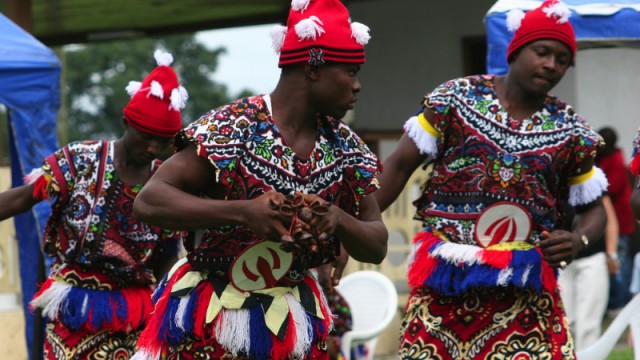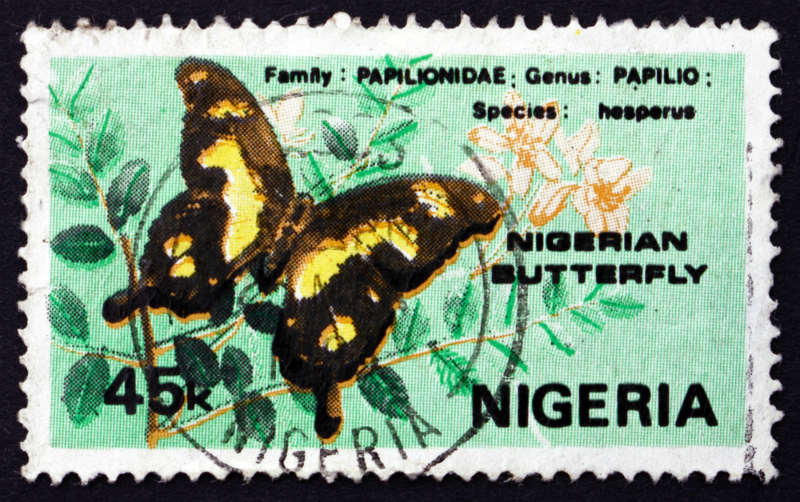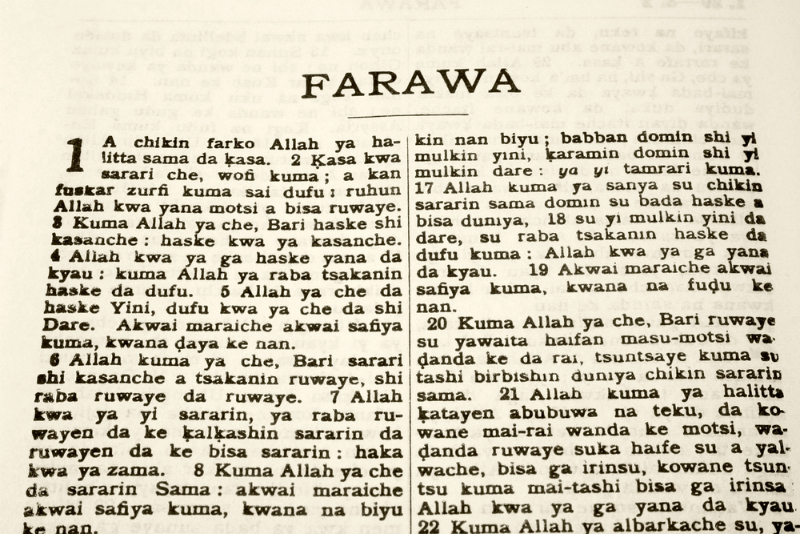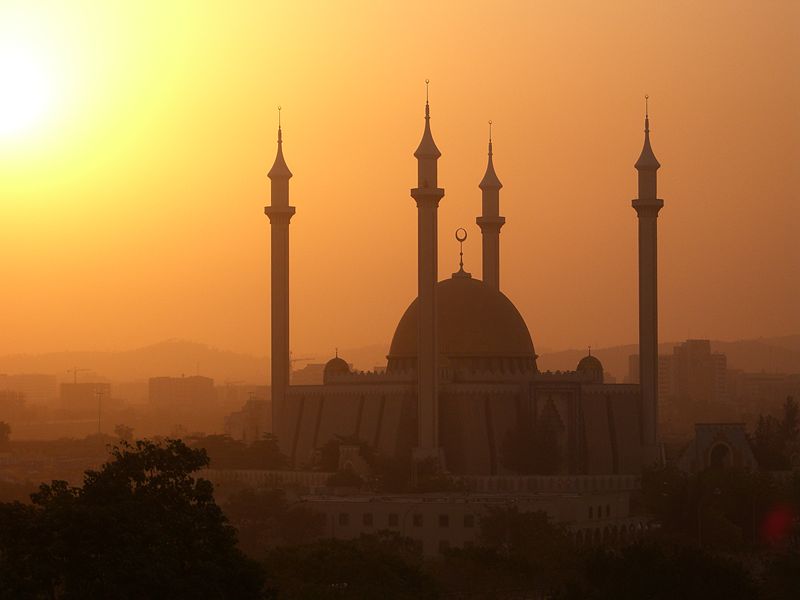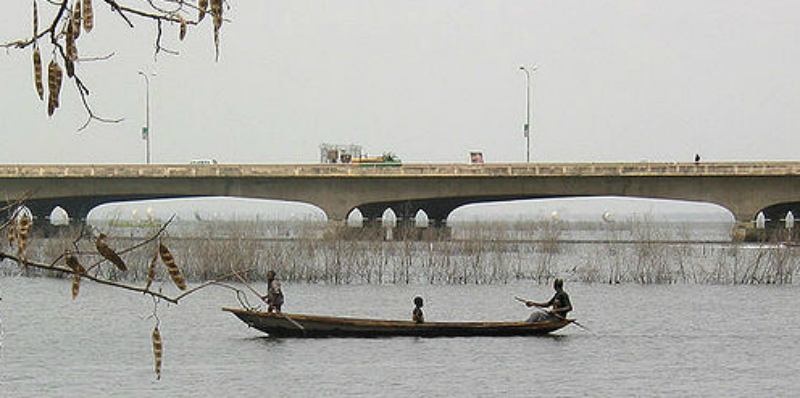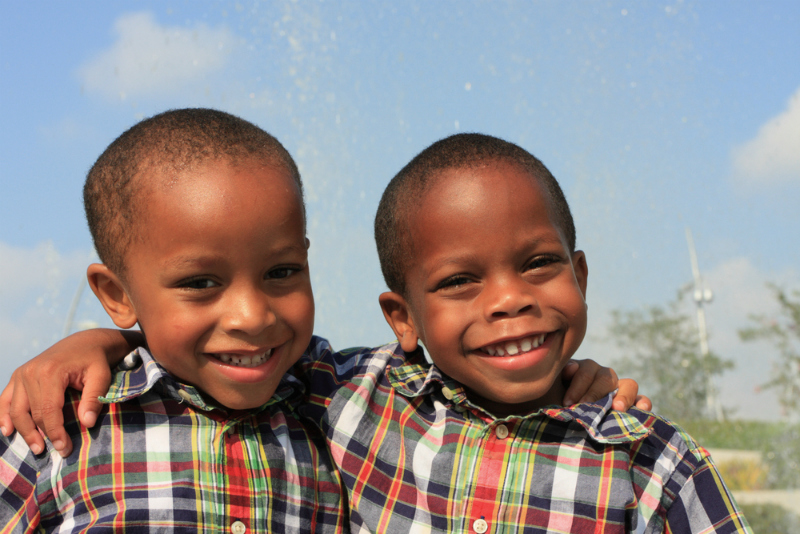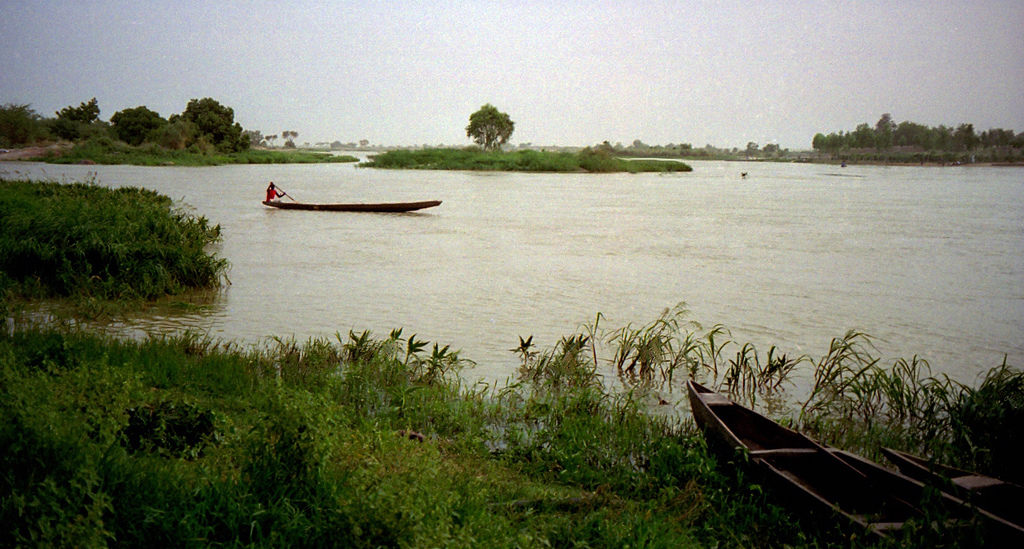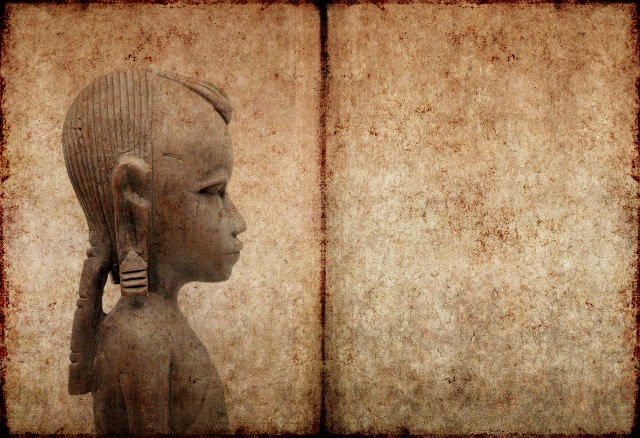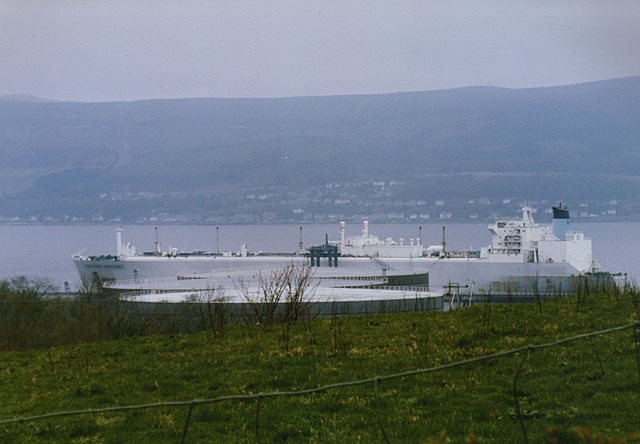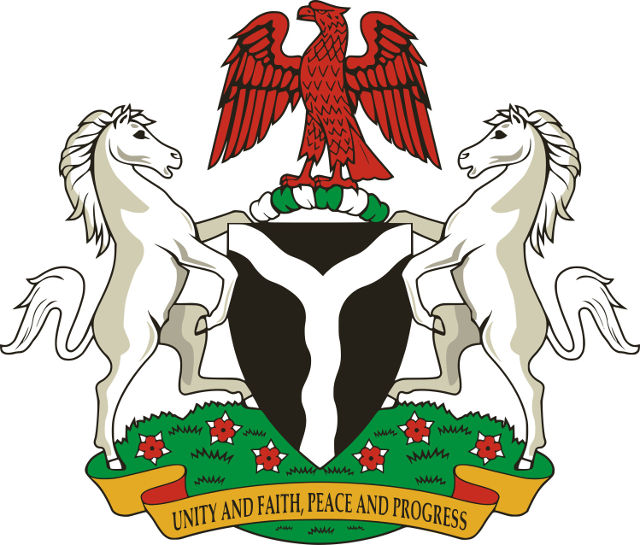Think Nigeria is all about traffic jams, internet scams and Boko Haram? Wrong! This fascinating and diverse country is so much more than that. The following tidbits about Nigeria’s history, wildlife, people, and places might raise your eyebrows and make you reconsider what you thought you knew about the country.
1. One-Fifth of Sub-Saharan Africa’s Population Lives There
Of the estimated one billion people that live in sub-Saharan Africa, 168 million of them are in Nigeria. And it’s rapidly growing. By the year 2050, researchers estimate that the population will reach a whopping 440 million. 50% of Nigerians live in cities, most notably greater Lagos, which has between 17 and 20 million residents.
2. It’s Famous for Butterflies
The area around Calabar, one of Nigeria’s regional hubs, contains the world’s largest diversity of butterflies. A good way to see them is to tour Cross River National Park, where over 300 species live, including the gorgeous Papilio monachus, the unusual blue Iolaus iasis, and the newly-discovered Tetrahanis okwangwo.
3. Nollywood is HUGE
Nigeria’s film industry is the second-largest in the world. Only India’s film industry (known as “Bollywood”) is larger. Nollywood is even larger in output than Hollywood, with over 100 releases every year.
4. Diversity of Languages
With over 500 languages, Nigeria is home to seven percent (7%) of the all languages spoken on earth. Taraba state alone has more languages than 30 other African countries combined. The most common native languages are Hausa, Igbo, Yoruba, Ibibio, Edo, Fulfulde, and Kanuri, while the most common non-native language is English. English is widely spoken in urban areas and by educated elites, but in rural parts of the country it is not spoken, or “pidgin” English (a blend of English and native languages) is spoken.
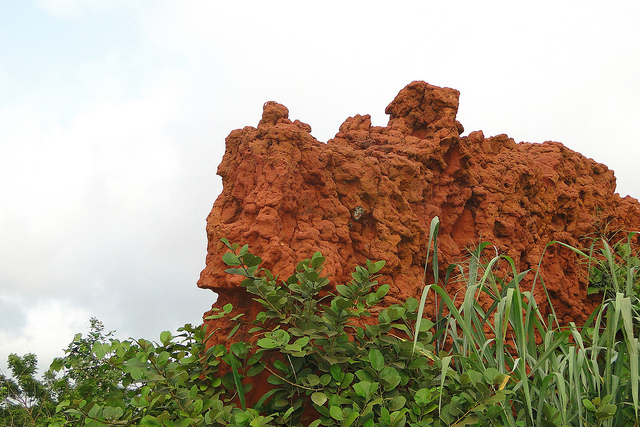
Adam Jones / Flickr.com CC 2.0
5. The Walls of Benin
Depending on which source you cite, the ancient Walls of Benin are the largest or second-largest man-made structure on earth (after the Great Wall of China). Located in present day Benin City (in Edo State), this series of stone walls, earthen ramparts, and deep moats is 16,000 km long and spread over an area of 6500 sq km. It was built between 800 and 1400 AD to protect the royal precinct of the Oba (king).
6. The country is half Muslim and half Christian
Islam is practiced by 48.8% of the population, while Christians constitute 50.8%. The majority of Muslims are in the north, and Christians tend to be in the south, east and west. Among Christians, 24.8% are Catholic, 74.1% are Protestant, and 0.9% belong to other denominations.
7. It’s Got Africa’s Longest Bridge
The 11.8km (5-mile) long Third Mainland Bridge connects Lagos Island to the mainland. It starts at Oworonshoki on the Lagos mainland, and ends at Adeniji-Adele interchange on Lagos Island.
8. You Might Have a Hard Time With “Pidgin” English And Local Slang
Many people speak English in Nigeria, but you may not understand it. Pidgin English uses English as its base, but it has lots of colloquialisms and local slang woven through it. For example, the term “010” means to skip breakfast and dinner but eat lunch, while “101” means to skip lunch but to eat breakfast and dinner.
9. Twins are Everywhere
If you find yourself doing double-takes every few minutes in Nigeria, don’t worry, you’re not seeing things. Nigeria, and in particular the Yoruba community, has a higher incidence of twin births than anywhere else in the world (5% of all deliveries). Scientists are not entirely sure why, but one theory is that yams, which are a dietary staple in Yoruba culture, boost estrogen production and thus increase fertility.
10. Nigerians Love Champagne
Bubbly is seriously popular in Nigeria: in 2013 the beverage retailer Shoprite reportedly sold more Moet & Chandon champagne in its seven Nigerian branches than it did in its 600 South African stores combined. This is most likely due to Nigeria’s growing wealth: a recent survey ranked Lagos third in Africa (after Johannesburg and Cairo) in terms of number of millionaires per capita. These nouveau rich love to spend their money on cars, clothes, and apparently, booze.
11. Longest River
Although the river itself rises in the highlands of Guinea before skirting through Mali and Niger, Nigeria is home to most of the Niger River, which is the longest river in West Africa at 4180km (and the third longest in Africa). It empties into the Gulf of Guinea after spreading its rich soil through the Niger Delta (where it joins up with the Benue River).
12. Some of the oldest humans
Archaeological evidence indicates that humans lived in Nigeria as far back as 9000 BC, making it one of the oldest spots on earth for human settlement. The Nok civilisation (500 BC – 200 AD) is the oldest known civilisation in Nigeria.
13. Oil rich/poor
Nigeria is the 12th largest crude oil producer in the world (and the largest in Africa), and the 18th largest exporter. Export of petroleum accounts for around 85% of the government’s revenue. Oil was only discovered in 1956, and today Port Harcourt is at the forefront of the oil industry in Nigeria. You would think this would make for a fabulously wealthy nation, like Saudi Arabia, but sadly the oil wealth has not trickled down to the average Nigerian and the inhabitants of the Niger Delta are some of the poorest in the country.
14. What’s in a name?
Nigeria takes its name from the River Niger, which flows through the country. Its official name is the Federal Republic of Nigeria.
15. Mobile phone love affair
There are over 120 million mobile phone subscribers in Nigeria, although many people will have two or three subscriptions to deal with the terrible service. At any rate, this number puts it far ahead of any other country in Africa (Egypt has 93 million). Dare we say Nigerians love to talk?
Want to discover the finer side of Africa? Sign up for our weekly newsletter.
